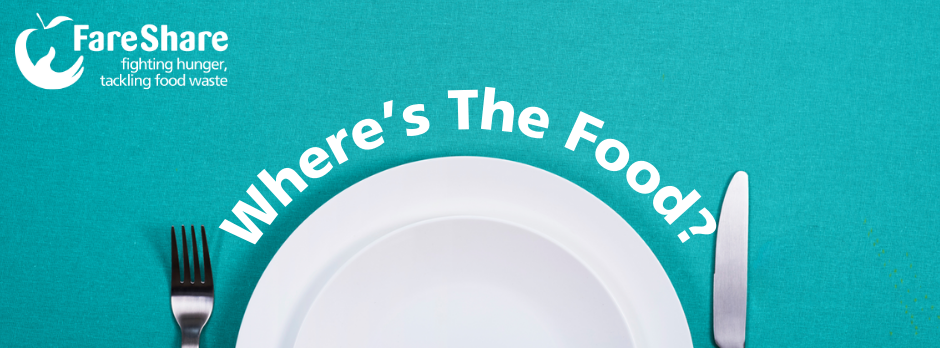FareShare has released a mini-manifesto calling on political parties to tackle the staggering levels of food waste in the UK. The “Where’s The Food? Mini-Manifesto” outlines recommended actions for the next government to bring about lasting change to the UK’s food distribution system.
By making redistributing surplus food to people a priority, parties can commit to strengthening communities across the country by delivering more surplus food to those in need. The Mini-Manifesto publication launches a consultation period between FareShare and key partners across the food, redistribution, and civil society sectors. The consultation will inform a fully costed manifesto, published ahead of the General Election.
FareShare works with the food industry to redistribute good-to-eat surplus food to a network of 8,500 charities and community groups across the UK. These include school clubs, community centres and pantries, hostels, refuges, older people’s lunch clubs, and hospices. During the last year, FareShare redistributed the equivalent of nearly 128 million meals – four meals every second.
The charity’s mini-manifesto encourages the next government to work more closely with industry and the charity sector to build a UK where no good food goes to waste, communities are strengthened through food, and access to healthy, nutritious food is improved.
It also sets out recommendations to help the UK become a world leader in redistributing surplus food. These include incentivising businesses to redistribute more surplus food, empowering families, people and their communities, and putting an end to short-term food policies in the UK.
George Wright, CEO of FareShare, commented: “Every year in the UK, we waste a staggering 3 million tonnes of edible food in our supply chain. This comes at a time when 13 million people are facing food insecurity. The UK is lagging behind its counterparts like the USA, France and Spain in redistributing surplus food. The next government must create an economic and legislative environment that benefits surplus food redistribution and results in more food getting to people who need it.
Food redistributors, charities, and businesses are already hard at work. We need the government to do its part and deliver lasting change for communities across the United Kingdom.”
Read the original article here.




